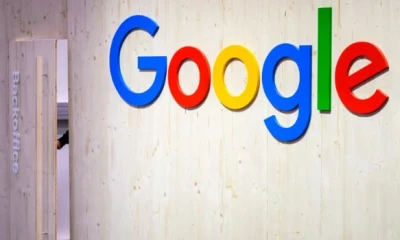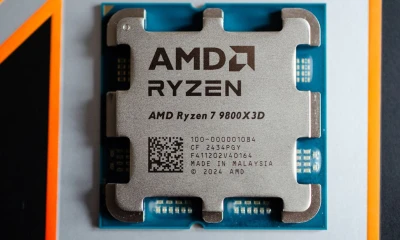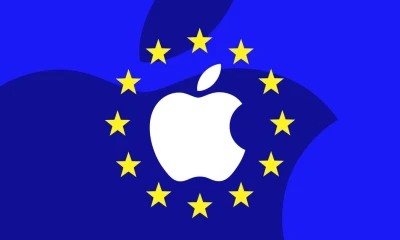The dream of a successful Epic Games Store on iOS sounds like an oasis: a thriving alternative app store that exists outside Apple’s walled gardens, where developers won’t have to pay Apple’s much steeper commission for in-app purchases, and where they can use whatever payment processor they want.
Technology
Apple is still standing in the way of Epic’s app store
Epic’s store launched last week in the European Union thanks to new regulations opening up iOS. But Apple’s fees may give Epic challenges growing the store.
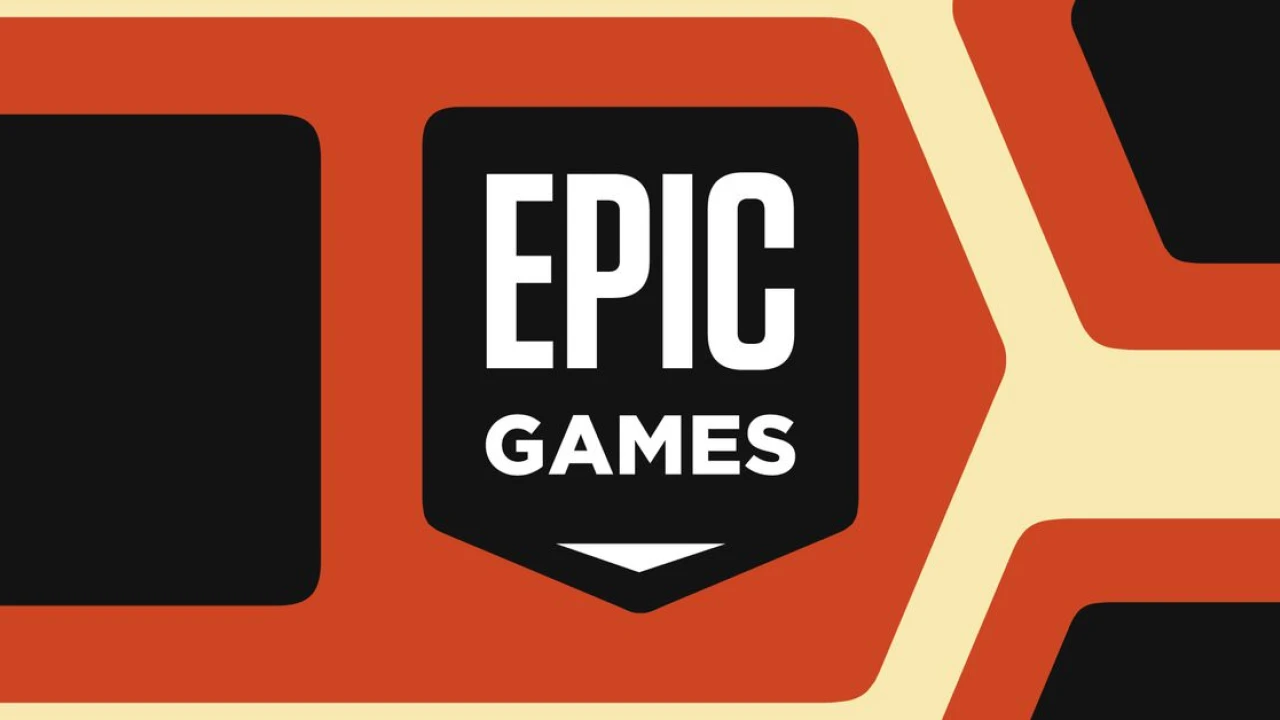
Epic’s store launched last week in the European Union — thanks to new regulations opening up iOS — and it’s likely to be a boon for Epic and its perennial hit, Fortnite. But it’s not clear whether Epic will be able to grow the store far beyond its own games. The company wants to welcome in a vibrant ecosystem of third-party developers, but moving to the Epic Games Store could be an impossible ask for any company that doesn’t make Fortnite-sized piles of cash.
“It just seems like a lose-lose-lose for Apple, developers, and consumers,” says Bob Roberts, the developer of Roundguard at the indie game studio Wonderbelly Games. “It just makes life more complex and confusing without really improving the situation the way folks imagined it would.”
Epic’s game store may offer better terms for developers, but every developer, Epic included, is still subject to fees from Apple, even outside the confines of the App Store. And Apple’s terms and fees for apps on alternative marketplaces are so onerous that Epic has a big hill to climb to convince developers that it’s worth the time and money to list their apps at all.
To sell a game outside Apple’s App Store, developers must effectively pay a 50 euro cent per user per year installation fee once they reach a certain number of downloads. If developers want to link users to purchases outside the app, they’ll also need to fork out a 10 percent commission on all sales made “on any platform” — including outside of iOS. That’s on top of a 5 percent commission on purchases made within one year of the app’s installation. Then, they’d have to pay any fees charged by the operator of the new marketplace. In Epic’s case, that’s 12 percent — a significant discount on its own, but a major addition once you factor in Apple’s costs.
By comparison, if developers stay exclusive to the App Store, they’d pay an up to 30 percent commission on all in-app purchases, as well as an up to 25 percent fee for purchases made through an external link. There’s no per-user, per-year installation fee, lowering the risk for free-to-play games.
It’s the non-Epic developers who might get screwed by the arrangement
For Epic, even if it is getting stung twice by paying install fees on both an Epic Games Store download and a Fortnite download, that’s theoretically just one euro per person per year. The company can probably take on that risk for the long haul opportunity, especially if regulators change things in such a way that takes the teeth off some of Apple’s rules.
It’s the non-Epic developers who might get screwed by the arrangement. For one thing, Apple’s per-user fee applies to users on both third-party marketplaces and its own App Store. Epic’s GM of the Epic Game Store, Steve Allison, gave an example in a briefing last week: Take a game that has a billion downloads. If that app gets any updates, even if someone has the app passively on their screen that they got from the App Store, a developer is paying 50 cents for all those each and every year. “It’s untenable,” Allison said.
Right now, Apple’s new terms only seem manageable for major companies like Epic and developers who don’t collect any revenue from their apps — there’s barely any in-between. Apple doesn’t subject the developers of free apps with no monetization to its per-user fee. While Apple also provides a three-year grace period without fees to smaller developers, it’s only as long as they don’t exceed €10 million in annual revenue during that time period. Apple offers lower fees for developers in its Small Business Program as well.
Meanwhile, the rest of the developer community is expected to pay the same fees as a giant like Epic Games. An app with more than 1 million downloads and $150,000 in annual revenue would give nearly half of that to Apple, according to the company’s own calculator. That would go on top of the 12 percent commission the Epic Games Store takes, too.
It’s an unfortunate outcome, as developers want to see more options for distributing their apps. “Over the years, the App Store has become overloaded with applications, many of which haven’t been updated in a long time,” says Raffaele D’Amato, the developer of Arcadia - Watch Games. D’Amato would’ve planned to publish his app on a third-party store if there was one specific to Apple Watch apps because of the chance for increased visibility. “Alternative stores could certainly offer greater visibility to apps that truly deserve it.”
And it doesn’t seem like some of the biggest third-party developers are publicly interested. In last week’s briefing, Allison said Epic is in active discussions with “just about every single one” of the top 250 mobile developers about putting their apps on the Epic Games Store for mobile but noted that “almost all of them” said they can’t make it work on iOS. EA (which makes The Sims Mobile), King (Candy Crush), Scopely (Monopoly Go!), Supercell (Clash of Clans), and TiMi (Call of Duty Mobile) didn’t respond to questions about whether they planned to put their apps in Epic’s store.
It might take a long while for the iOS Epic Games Store to be profitable for Epic, if it ever happens; the PC store, at least according to testimony from Allison last year, isn’t even profitable yet. But the company expects to start filling up the store later this year, even if it’s only in small numbers at first. Allison said last week that Epic plans to offer a “curated” selection of third-party games on its mobile store, which is also available worldwide on Android, in December. Epic is making a “very hopeful push” to bring those games to iOS, Allison said, even though it is “a very tough conversation.”
Right now, launching its own store on mobile is more about Epic taking some control over its own destiny and, ideally, sharing that control with other developers. But Apple still wants to keep a tight grip — whether a developer is on the App Store or not. If history is any indication, it probably won’t relinquish that control until it’s forced to.
-

 Pakistan 2 days ago
Pakistan 2 days agoSmog: Orders to close all schools across Punjab
-

 Pakistan 1 day ago
Pakistan 1 day agoAttack on Qazi: British police visit Pakistan High Commission
-

 World 2 days ago
World 2 days agoHours for Nawafil prayer scheduled in Hateem
-
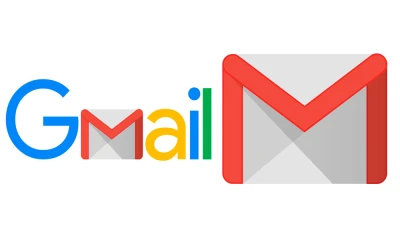
 Technology 2 days ago
Technology 2 days agoNew feature for Gmail users
-

 Entertainment 1 day ago
Entertainment 1 day agoFamous Korean actor commits suicide
-

 Pakistan 1 day ago
Pakistan 1 day agoMagnitude 5.3 earthquake in Islamabad, adjoining areas
-

 Pakistan 22 hours ago
Pakistan 22 hours agoNawaz Sharif claims country on right direction
-

 Pakistan 1 day ago
Pakistan 1 day agoEnhanced measures set to transform operations at Karachi airport


